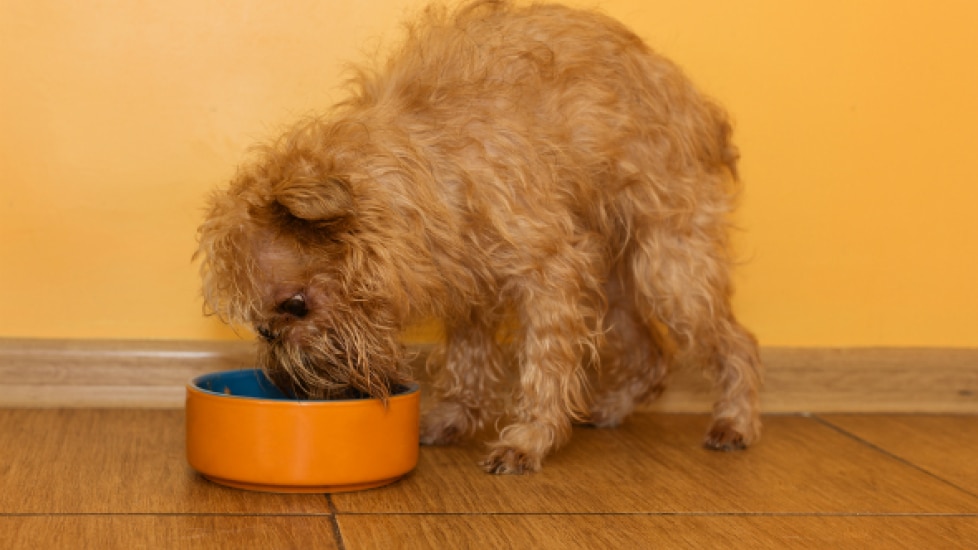Introduction:
In the world of our furry companions, food allergies can be a silent yet significant cause of skin problems. Just as humans may develop rashes or hives from certain foods, dogs too can suffer from uncomfortable and sometimes severe dermatological issues due to dietary sensitivities. It is crucial for pet owners to recognize these symptoms and understand how to manage them effectively. Let’s delve into this often overlooked aspect of canine health.
Causes and Symptoms:
Food allergies in dogs typically result from an immune system response to specific ingredients found in commercial dog food. Common culprits include grains like wheat and corn, but any ingredient could potentially trigger an allergic reaction. The most evident signs are itchy skin, which leads to excessive scratching, chewing at affected areas, hair loss, redness, and even hot spots. These reactions can be chronic if left untreated.
Diagnosis and Treatment:
Identifying food allergies requires patience and persistence. Veterinarians usually start by ruling out other potential causes such as parasites, bacterial infections, or environmental allergens through thorough physical exams, blood tests, and possibly skin scrapings. Once these have been eliminated, they will likely recommend an elimination diet trial where all known allergens are removed from the dog’s diet. This process involves careful monitoring of the dog’s condition while gradually reintroducing suspect ingredients one at a time until the problematic substance is identified.
Once diagnosed, treatment focuses on avoiding the offending food forever. Many dogs benefit greatly from a hypoallergenic diet made with novel proteins (like venison or fish) and limited carbohydrate sources. In some cases, supplements or medications might also be prescribed to help manage symptoms during the transition period. Regular follow-up appointments with your vet are essential to ensure that your dog remains symptom-free and healthy over time.
Prevention Tips:
While you cannot completely prevent your dog from developing a food allergy, there are steps you can take to reduce their likelihood:
1. Monitor Feeding: Keep a detailed record of what your dog eats and when he experiences symptoms. This information can be invaluable during diagnosis.
2. Feed High-Quality Foods: Choose premium brands that use natural ingredients and avoid fillers that can exacerbate allergies.
3. Consult Your Vet: Before making drastic changes to your dog’s diet, consult with a veterinarian who specializes in nutrition or internal medicine. They can provide personalized advice based on your dog’s unique needs.
4. Avoid Cross-Contamination: If another family member has a peanut butter treat or chocolate bar, make sure these don’t come into contact with your dog’s food bowl or toys. Even trace amounts can lead to trouble.
5. Regular Checkups: Schedule regular visits with your vet so that any new developments in your dog’s health can be quickly addressed before they escalate.
6. Watch for Changes: Be vigilant about sudden shifts in behavior or appearance that might indicate the onset of an allergy. Early detection makes management easier.
7. Educate Yourself: Stay informed about the latest research regarding pet food allergies and share what you learn with others who care for pets. Knowledge truly is power!
Conclusion:
By recognizing the signs of food allergies in dogs and taking proactive measures to address them promptly, we can significantly improve our beloved pets’ quality of life. Remember that each dog is different; what works well for one pup may not work for another. Always seek professional guidance tailored specifically for your four-legged friend’s individual situation. With proper care and attention, your pooch will enjoy many happy years free from irritating—and potentially serious—skin conditions caused by dietary sensitivities.
